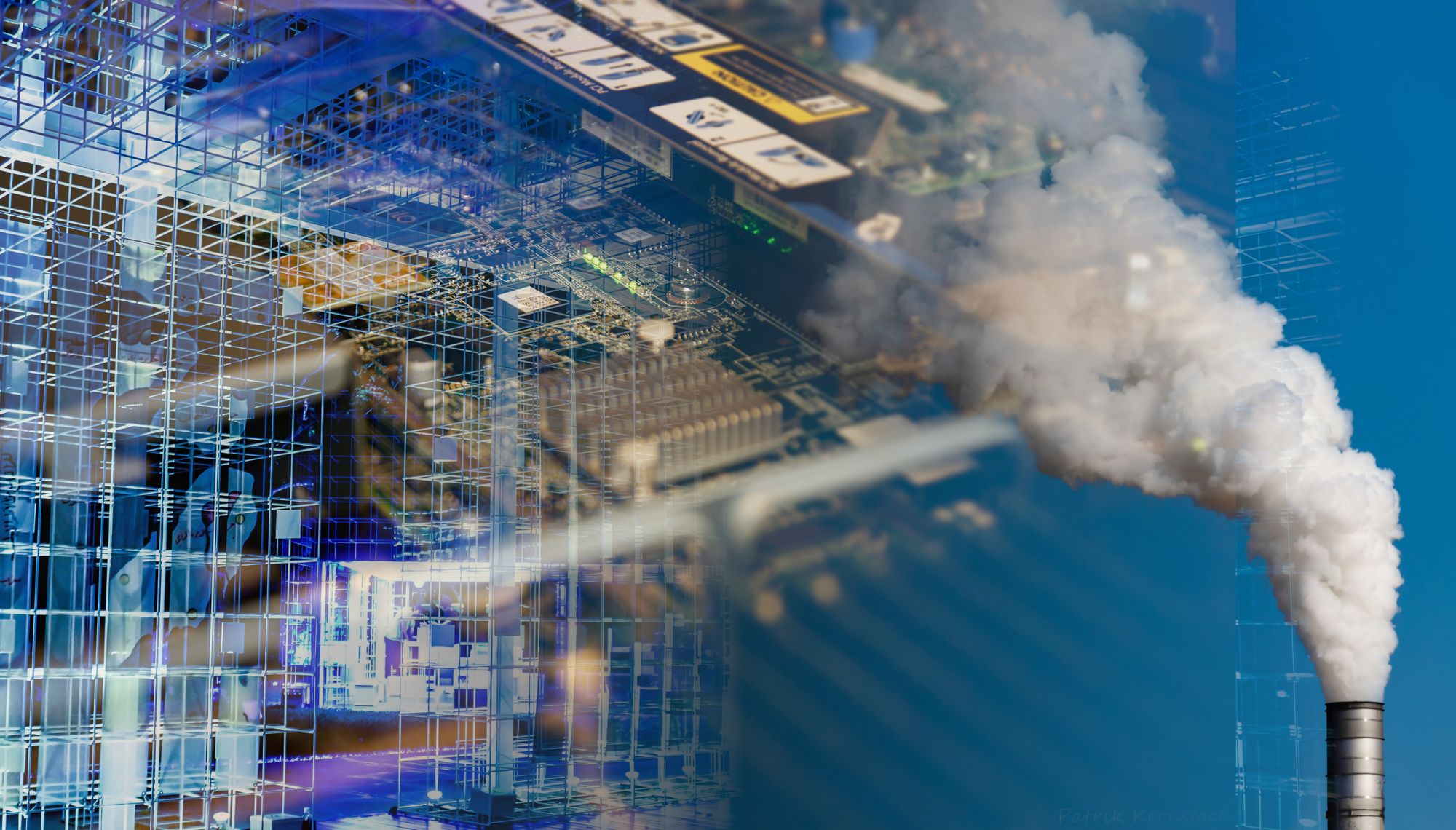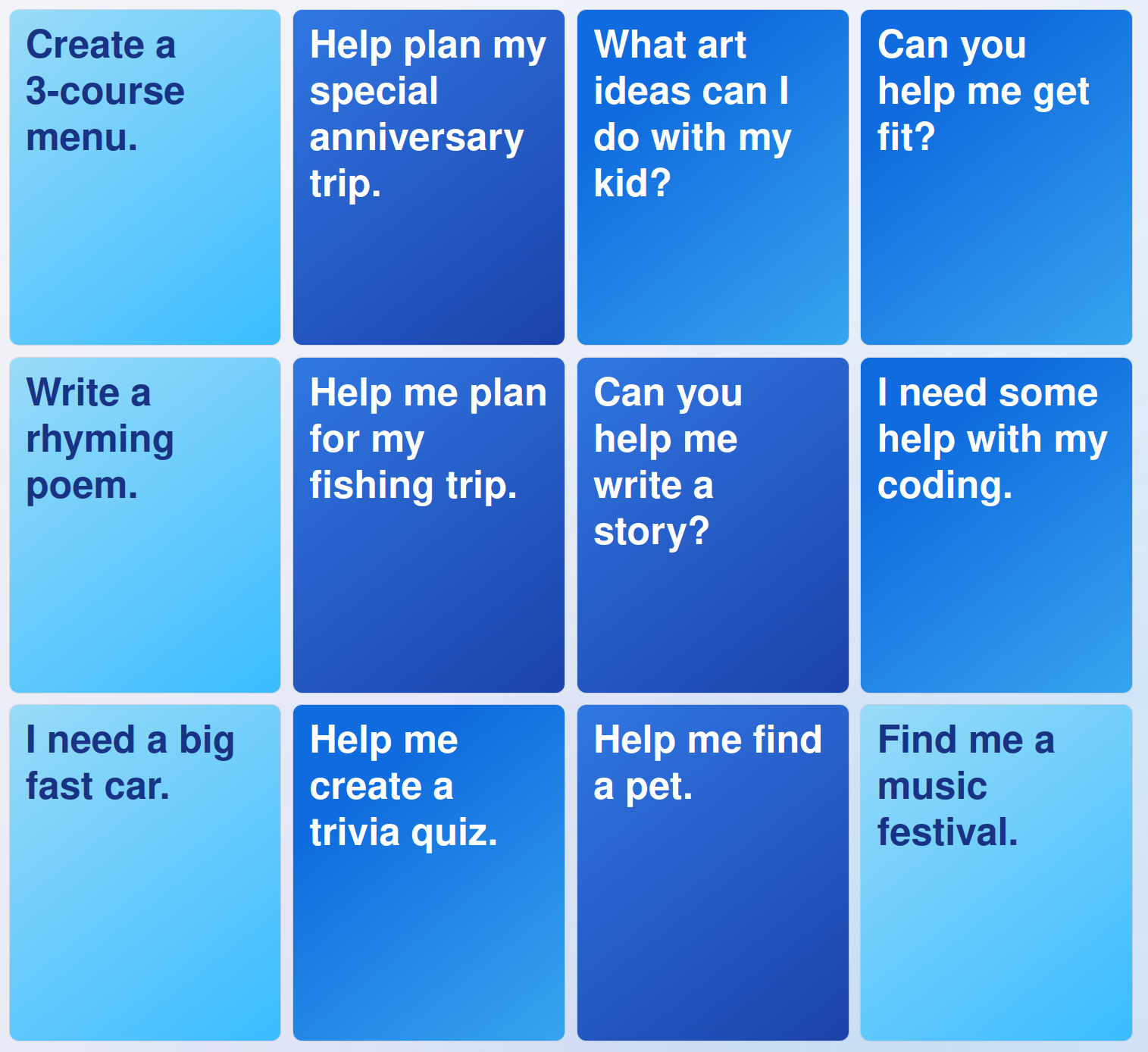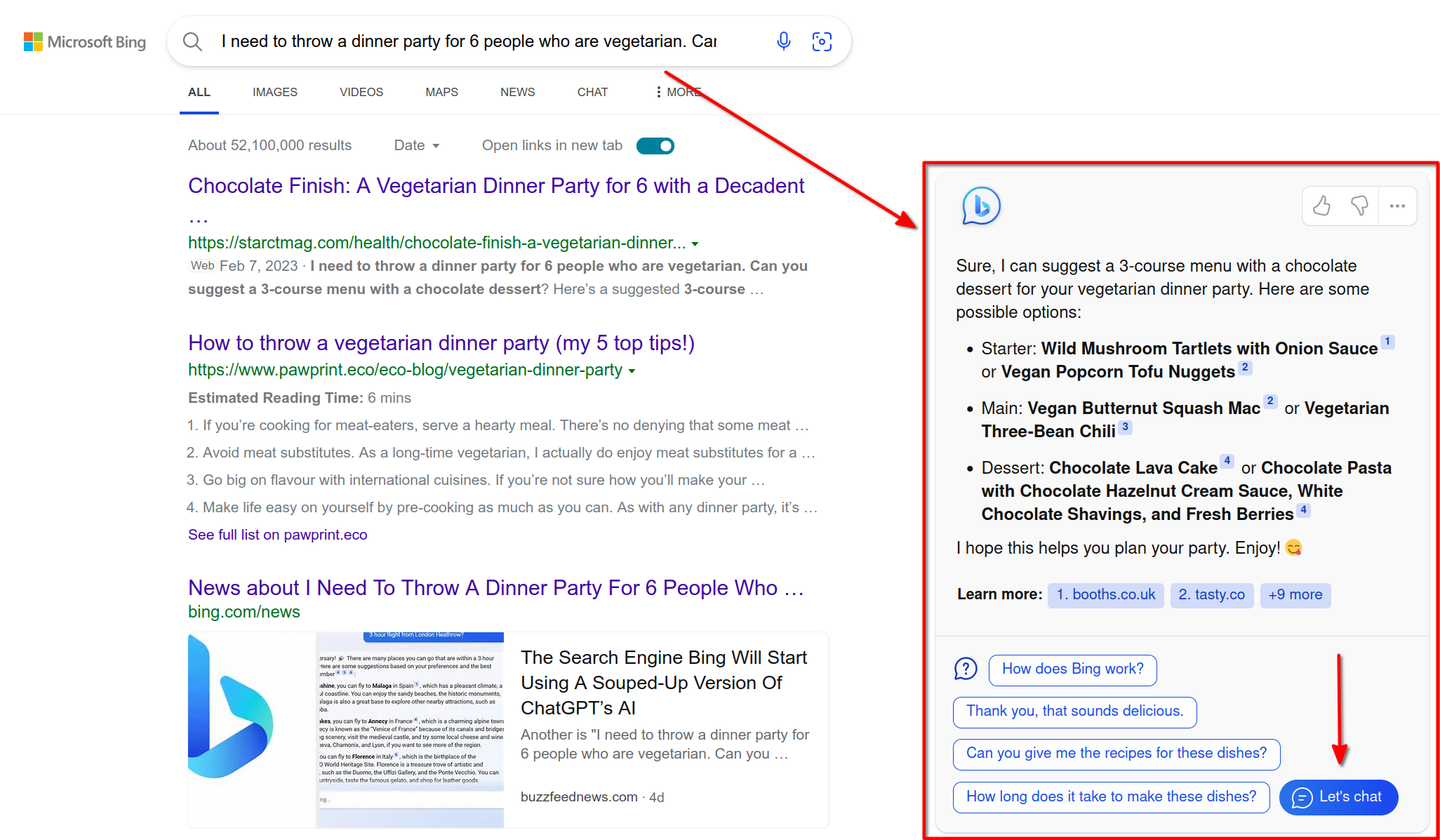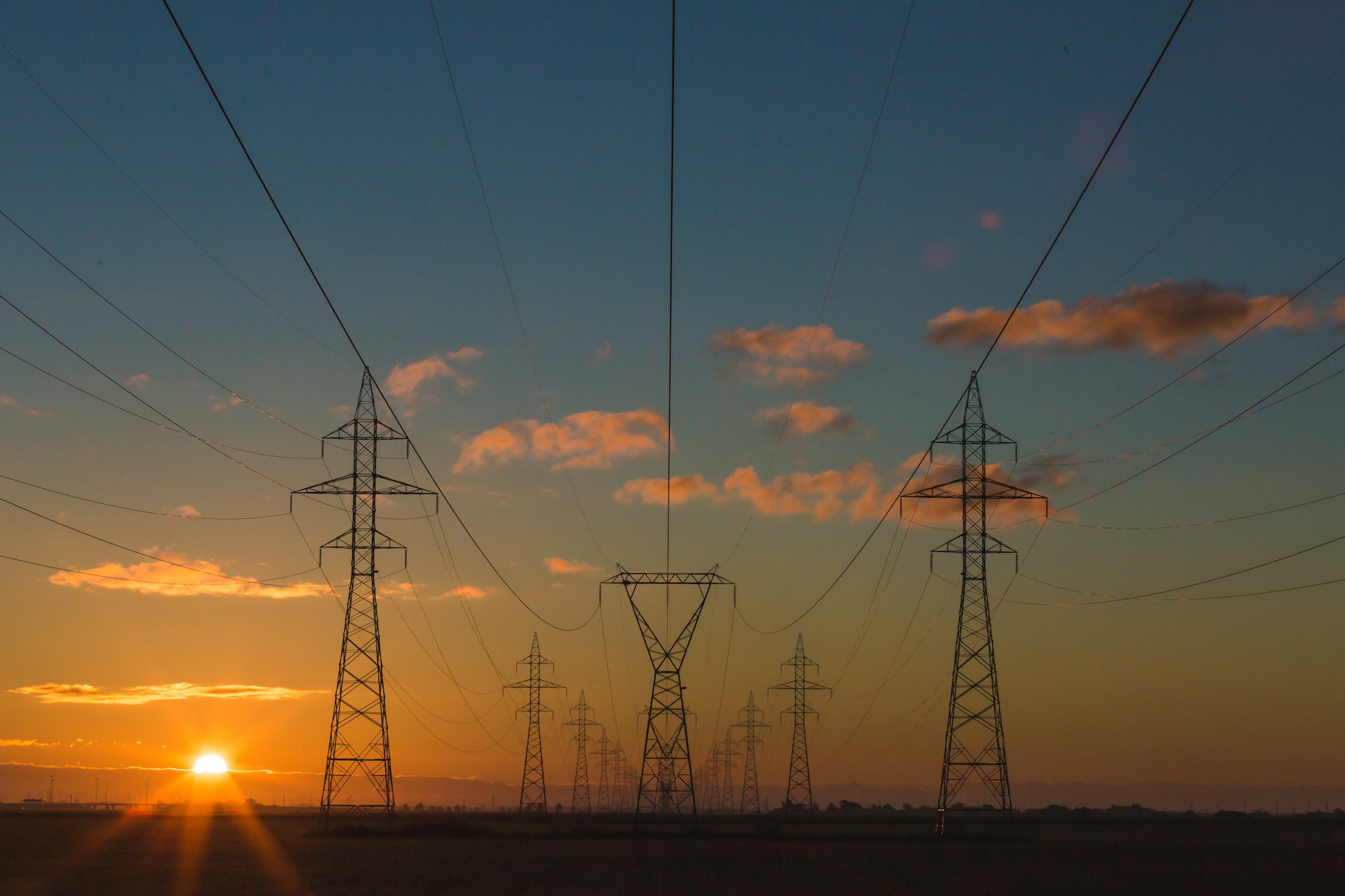The battle for AI dominance ⋆ The cost of advancing technology ⋆ Finding purpose
Advanced AI getting access to the internet. Energy vs technological advancement. Let's dive in!

A jam-packed issue this week!
Advanced AI getting access to the internet.
Energy vs technological advancement.
Let's dive in!
Thing 1 - Bing got superpowers!
If you're on Windows, you might've used Edge and Bing to download Chrome or Firefox.
In case these still don't ring a bell, Bing is Microsoft's search engine a la Google.
Microsoft has been a long-time (time is relative) OpenAI partner - invested over a big $B. OpenAI uses Microsoft's cloud services - Azure - to train their AIs (GPT, DALL-E, and friends)
As a surprise to... - I was gonna say "on one", but some people were surprised - Microsoft started cashing in.
How? By...
- getting access to something better than ChatGPT and GPT3.5
- giving it access to the Internet
- putting it in your hands (might need to wait a bit tho)

This is what you get if you ask Bing for a 3-course menu like this:
I need to throw a dinner party for 6 people who are vegetarian. Can you suggest a 3-course menu with a chocolate dessert?

And from the box on the right, you can continue the conversation and ask follow-up questions, just like ChatGPT.
As a response to this, Google
- launched Bard
- mixed up facts in their first display
- botched the announcement
- lost ~$100B of market value
Baidu (Chinese Google equivalent) announced Wenxin Yiyan (aka ERNIE Bot) a ChatGPT-like bot as well.
Google has everything to lose. Microsoft has everything to gain.
Let the games begin.
Thing 2 - The real cost of advanced AI
You feel adventurous and try running Bloom on your top-of-the-line gaming computer. You pick Bloom because it's the largest open-source competitor to GPT-3.
It took you hours to download the hundreds of gigabytes of the whole model but you're pretty happy with your setup. You won't depend on spotty ChatGPT availability anymore.
But no... How could this be? Not on your beast of a machine!

It takes your computer 4-5 minutes to generate each new word after you ask a question!
Yes, that's how much computing power it takes to run these models!
And ChatGPT serves 13M users every day!
Training
Training GPT-3 took 1287 MWh and led to emitting the same amount of carbon dioxide you would emit if you took 550 round trips between New York and San Francisco - aka 550 tons of CO2.
Scaling
13M users is a bunch of people. But it's peanuts compared to half a billion searches people do on Bing. And that's with an 8.88% market share. Google has 83.84%.
With every search engine adding its flavor of AI-enabled chat, some estimates say the amount of energy used will at least quadruple.
Relationship between technological innovation and energy consumption
(source)

In the short run technological innovation leads to an increase in energy consumption.
In the long run, energy consumption and technology innovation are positively related.
The findings suggest that technological innovation can help improve energy efficiency and energy structure in developing countries, contributing to sustainability.
So yes, it doesn't look great at the moment, but that's not a reason to stop the progress. On a cosmic scale, progress becomes measured in how much energy you're able to consume, as long as wasting energy doesn't become the goal.
For what it's worth, Microsoft is committed to being carbon negative by 2050 and Google is committed to net zero emissions by 2030.
That was before all this AI stepped into the picture, so we'll see.
Thing 3 - Finding purpose
Action without stillness is reactivity.
Stillness without action is resignation.
Action informed by stillness is purpose.
- Cory Muscara
You can't do your best work if you don't know what it is.
Cheers, Zvonimir